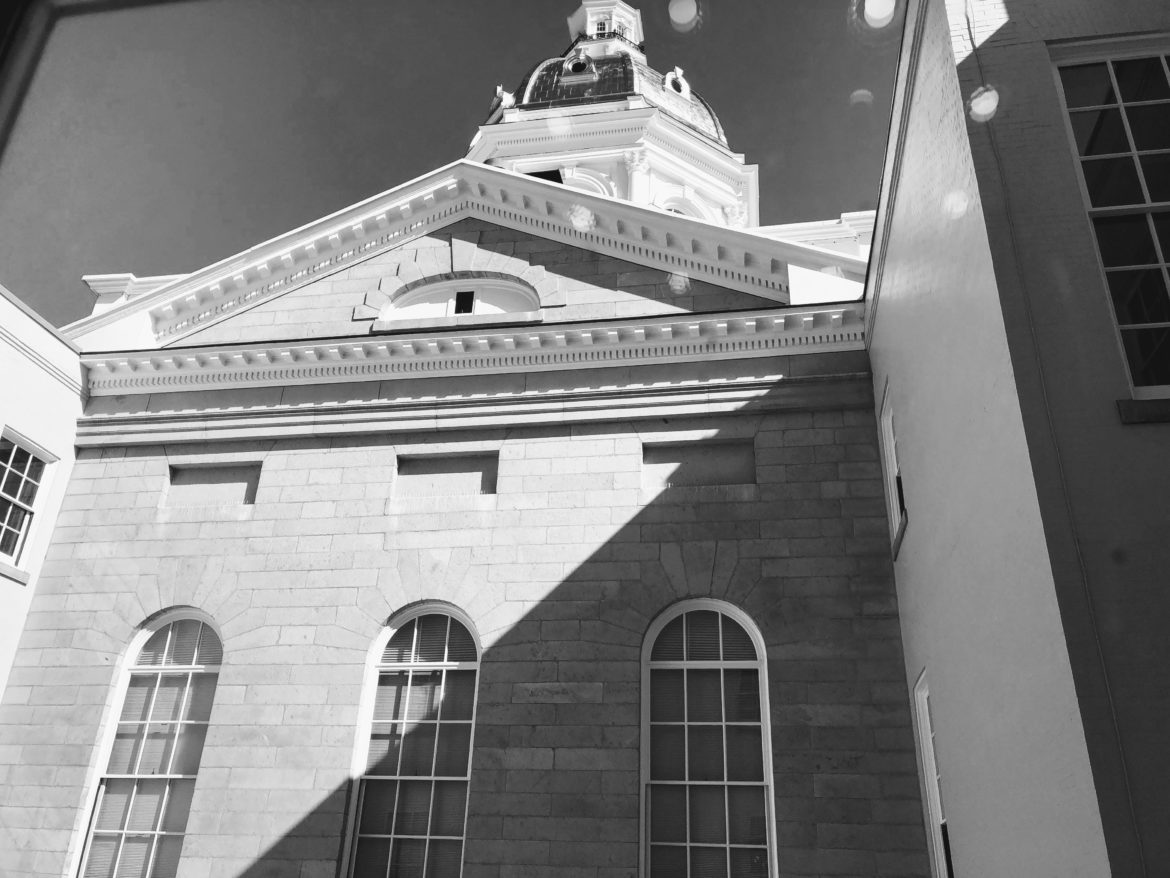By GARRY RAYNO, InDepthNH.org
CONCORD — COVID-19 may be surging in New Hampshire, but it is having a marginal effect on state revenues which continue to perform better than budget writers anticipated.
Although November is not a large month for state revenue collections, state levies produced $141.3 million, or $27.8 million more than the budget plan for the month.
For the year to date, the state has received $815.7 million, which is $76.4 million more than anticipated or 10.3 percent above plan, and $75.1 million more than a year ago at this date.
Business tax receipts are less in November than many other months, but did produce $32.5 million, which is above estimates by $22.1 million.
For the year to date, business taxes have produced $258.7 million, which is $55.8 million more than a year ago, and $60.5 million above the budget plan for a balanced budget at the end of the biennium June 30.
According to Department of Revenue Administration officials, the increase is primarily due to several large corporate payments, and an increase in estimates, extensions and tax notice payments, along with a decrease in refunds.
The hot real estate market continued in November as the real estate transfer tax produced $21 million, or $6.6 million more than estimates. For the fiscal year, the levy has produced $86.9 million, which is $3.7 million above the budget plan, and $7.2 million more than a year ago.
The state’s second largest source of revenue, the rooms and meals tax continues to perform below estimates due to coronavirus pandemic.
For November, which reflects October activity, the rooms and meals tax produced $28.5 million which is $4.8 million below what budget writers anticipated for the month.
For the year to date, the levy has produced $146.2 million, which is below plan by $29.3 million, and below last year’s revenues by $40.6 million.
According to the DRA, meals were down 6.4 percent and hotels were down 26.7 percent compared to November last year.
The tobacco tax on the other side of the spectrum, continues to outperform expectations due to the ban of menthol and other flavored cigarettes in Massachusetts and that fewer people are quitting smoking in the pandemic, DRA officials told legislative budget writers last month.
For November, the tobacco tax produced $19.5 million, which is an increase of $3.1 million over the revenue plan. For the year, the tax has produced $108 million, which is $19.7 million more than estimates and $18.1 million more than a year ago.
Revenue from liquor sales was slightly below estimates for the month, producing $13.2 million, which is $600,000 less than anticipated, but lottery revenues were above plan for the month by $2.6 million, producing $11.1 million.
The interest and dividends, insurance, beer and utility property taxes were all above estimates for the month, while the communications and securities taxes, and court fines and fees were slightly below estimates for the month.
The highway fund was also below estimates as the gas tax is producing less than anticipated due to the pandemic which has slowed travel.
In November the highway fund produced $102.4 million, which is down $3 million. For the year to date, the fund is below estimates by about $6 million.
The Fish and Game fund has seen an increase for this fiscal year as people are doing more activities outdoors.
For November, the fund produced $7.1 million, which is $2 million above the revenue plan for the year, and $4 million more than a year ago,
For the year to date, the fund has taken in more than $3 million above estimates.
This summer, the House Ways and Means Committee estimated the revenue shortfall would be from $230 million to $395 million for fiscal year 2021.
In October, Sununu said his office believes the shortfall would be $355 million for 2021.
Unaudited figures released at the end of July indicate the revenue deficit for the 2020 fiscal year is $144 million and with the $30 million adjustment in revenues this fiscal year for cash collected after July1 that was activity in the previous fiscal year, the shortfall would be about $114 million.
The state’s annual comprehensive financial audit is usually released this month with the exact balance for the last fiscal year.
Garry Rayno may be reached at garry.rayno@yahoo.com.





